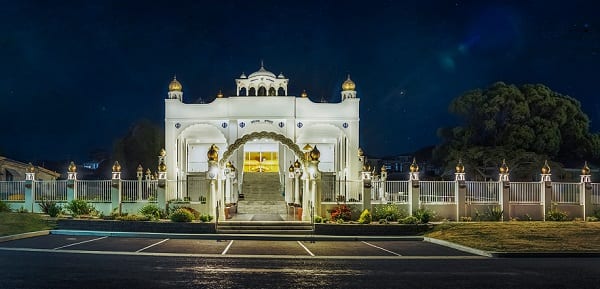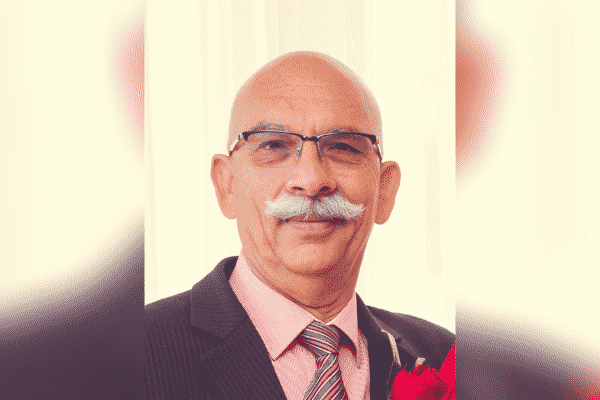As a proud Sikh and a proud Australian, Dr Amarjit Singh More was deeply passionate about both identities, serving both communities with unwavering commitment.
“Our Gurus have taught us to follow a path of righteousness and truth and to create a free, compassionate, tolerant, and egalitarian society,” he once said. “These values are the same as those of Australian society. Sikhs fought alongside Australian diggers in the many battles in WW1 and WW2 to uphold the values of a democratic, free, and just society. Our Gurus were martyred for defending these values.”
Dr Amarjit Singh More was felicitated with the OAM honour in this year’s Australia Day Awards.
“I am deeply humbled, and also sad,” his daughter Sasha More told Indian Link about the honour for her father.
Dr More passed last April.
“But he himself would have said, what’s all the fuss about! He was a very gracious man, very deserving.”
As founder and general practitioner at the Woolgoolga Medical Centre, Dr More was a much-loved member of the community. As a Sikh elder, he was highly regarded within the local Sikh community, and took on a leadership role in the building of the new First Sikh Gurudwara.
“He loved working for the gurudwara,” Sasha recounted. “From planning through to building and inauguration, he was involved at every step, going to the site everyday even when he was sick. He also travelled widely for fundraising. I can safely say, without him there would be no gurudwara. It is his legacy.”
The new temple was granted heritage status a year after being inaugurated.

Dr Amarjit Singh More arrived in Australia in 1964 as a 13-year-old. But his family’s links to this country go way back before Federation. His great grandfather came here in the 1800s, and the family divided their time between India and Australia. His grandfather started a banana plantation that the family still owns.
Dr More became school captain of the local public school in Woolgoolga, and then went to the University of Queensland to study medicine.
He chose however to return to Woolgoolga to serve his adopted city. Deeply involved in the community, he founded the Lions Club of Woolgoolga in 1976, and was member for many years. He was also a supporter of the Returned and Services League of Australia.
As a Sikh elder, he also played a part in making the Australian Sikh Games the huge annual event it is today.
His commitment to both his native and adopted identities was evident when he said at the inauguration of the New Sikh Gurudwara in 2019, “We are only the custodians of this unique and iconic place of worship, but it belongs to all Woolgoolga and Australia. This Gurdwara is foremost a place of worship for Sikhs, but it has brought together individuals, communities, and faiths for the improved understanding between us all.”
It is a sentiment that his family follows to the letter.
“My brother is currently the vice president of the temple committee, and my cousin is secretary,” Sasha revealed. “We believe that the Gurudwara is a community centre, and invite the mainstream in at any opportunity”.
In case you’re wondering about that unusual surname for a Sikh, Sasha clarified, “It comes from the Hindustani term for peacock. Dad’s uncle moved to England and changed his name there.”
It is a name that suits Dr Amarjit perfectly.
The peacock symbolism across various cultures stands for nobility, holiness, guidance, protection and watchfulness. It is also symbolic of rejuvenation – a connection between the past, present and future.





